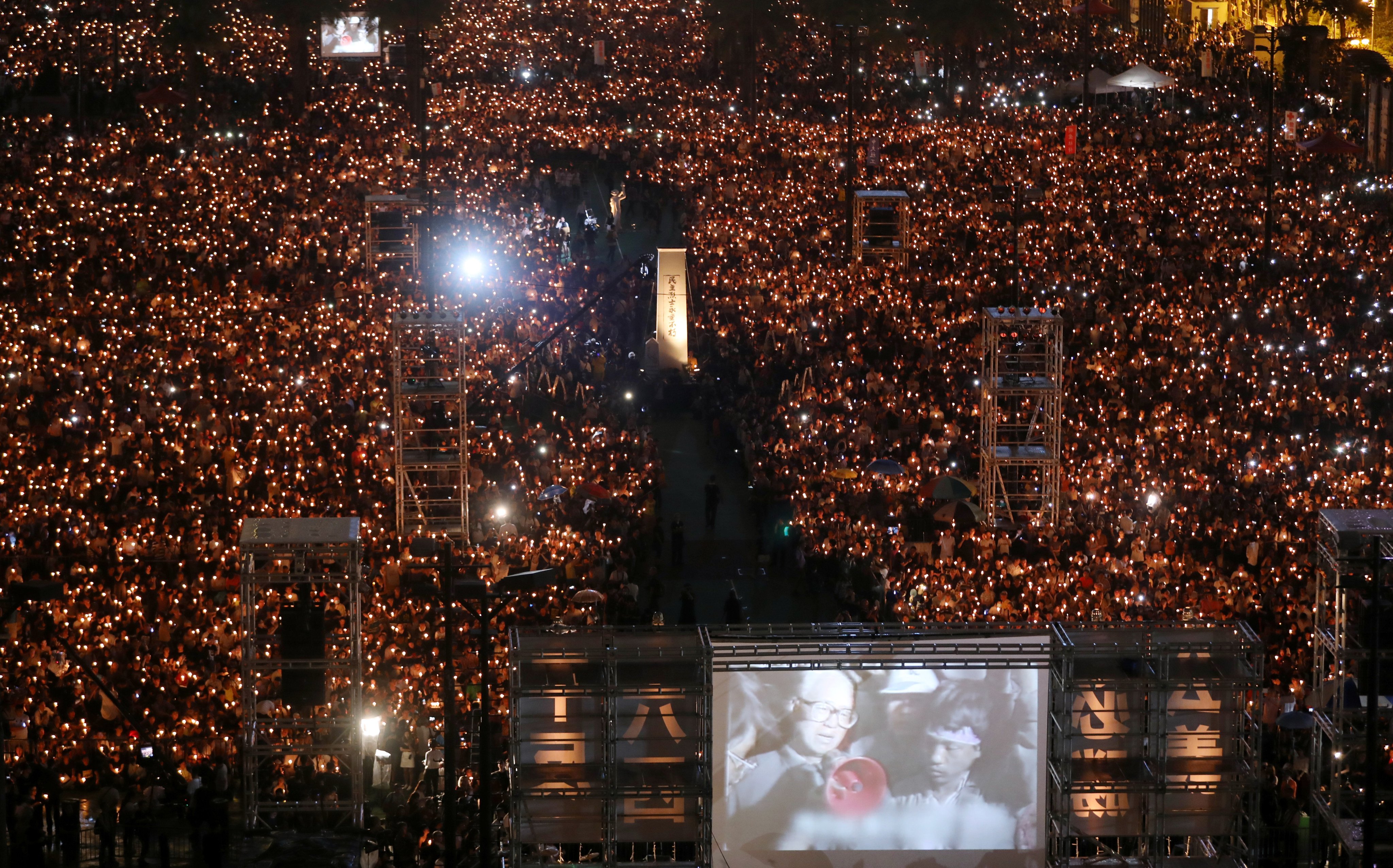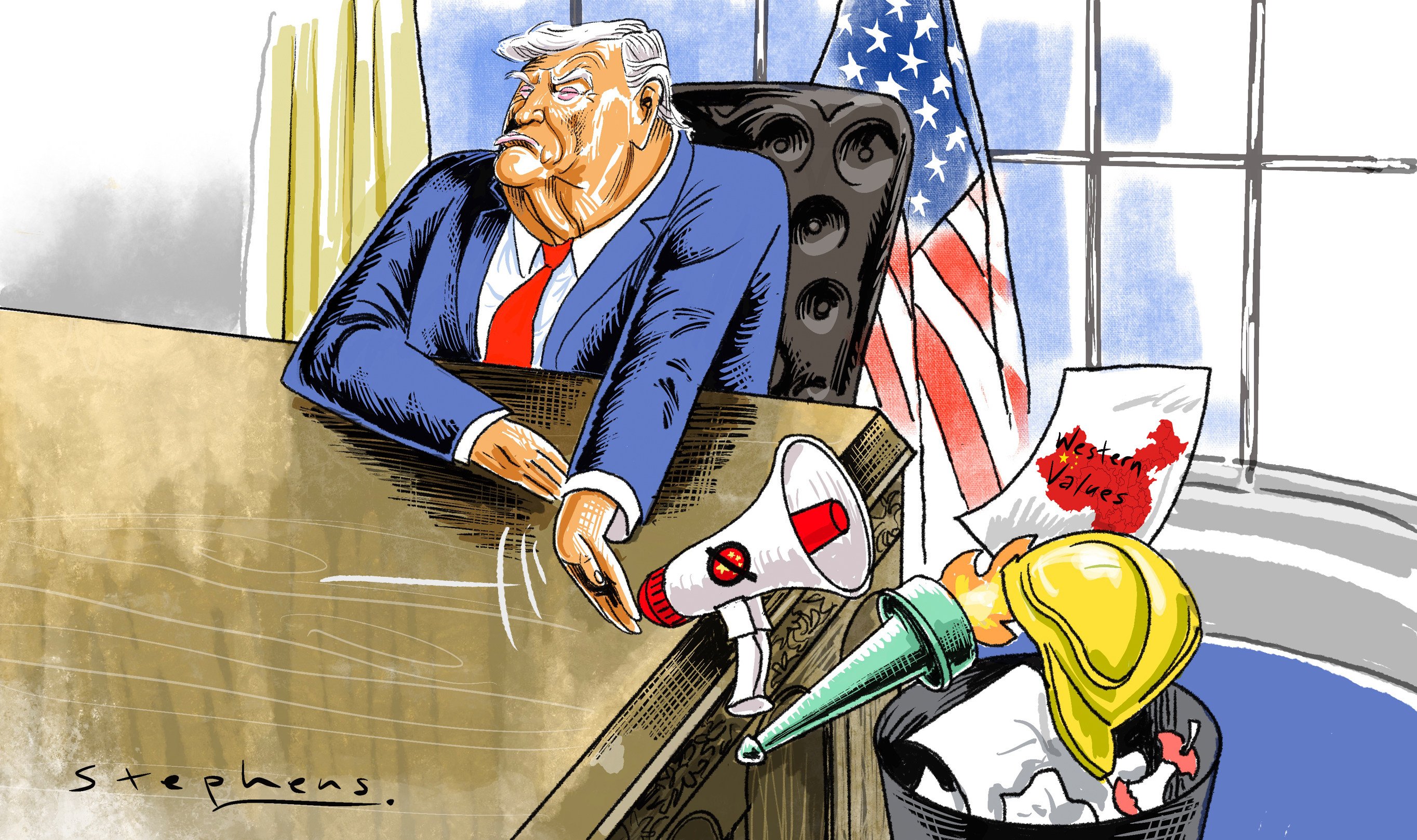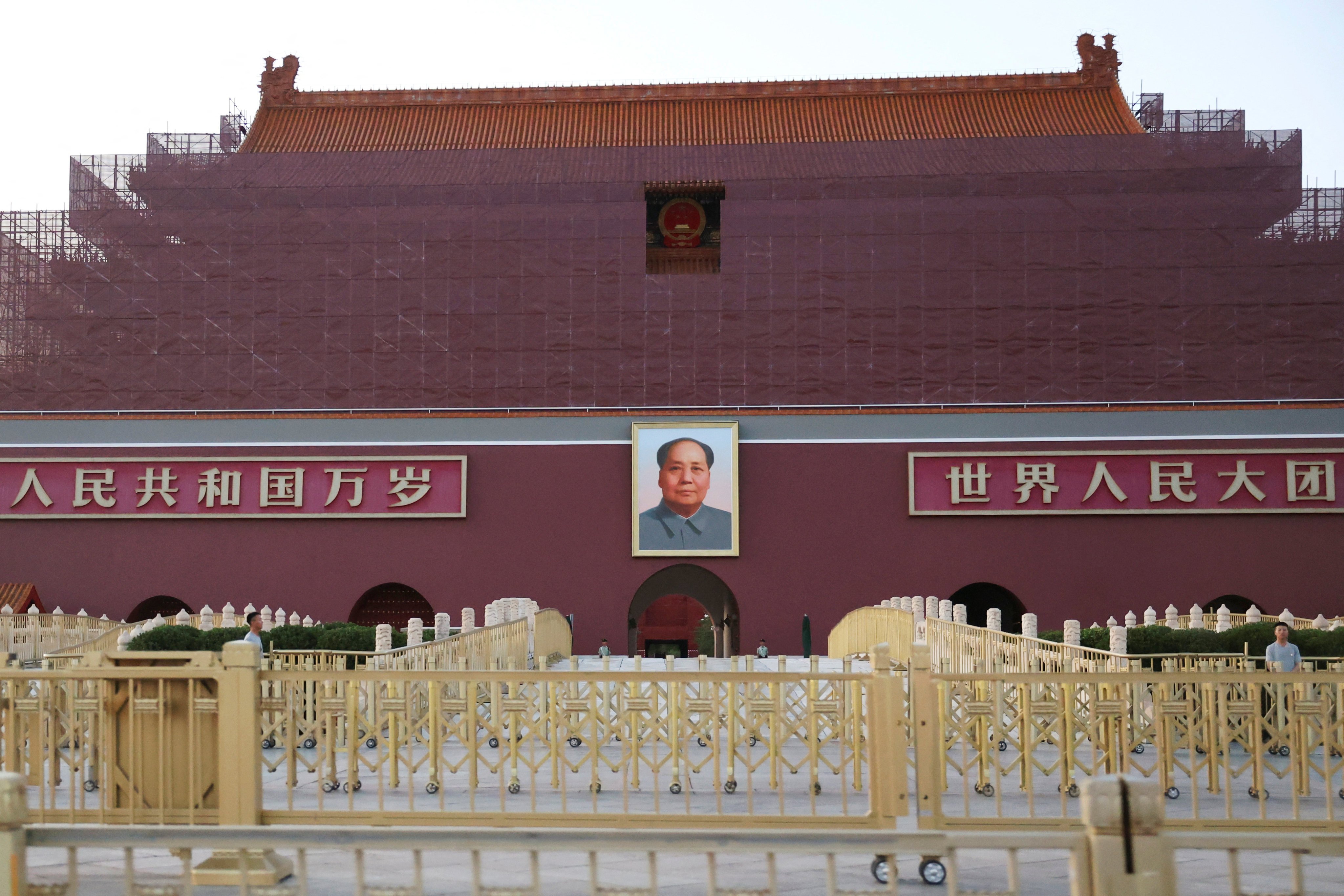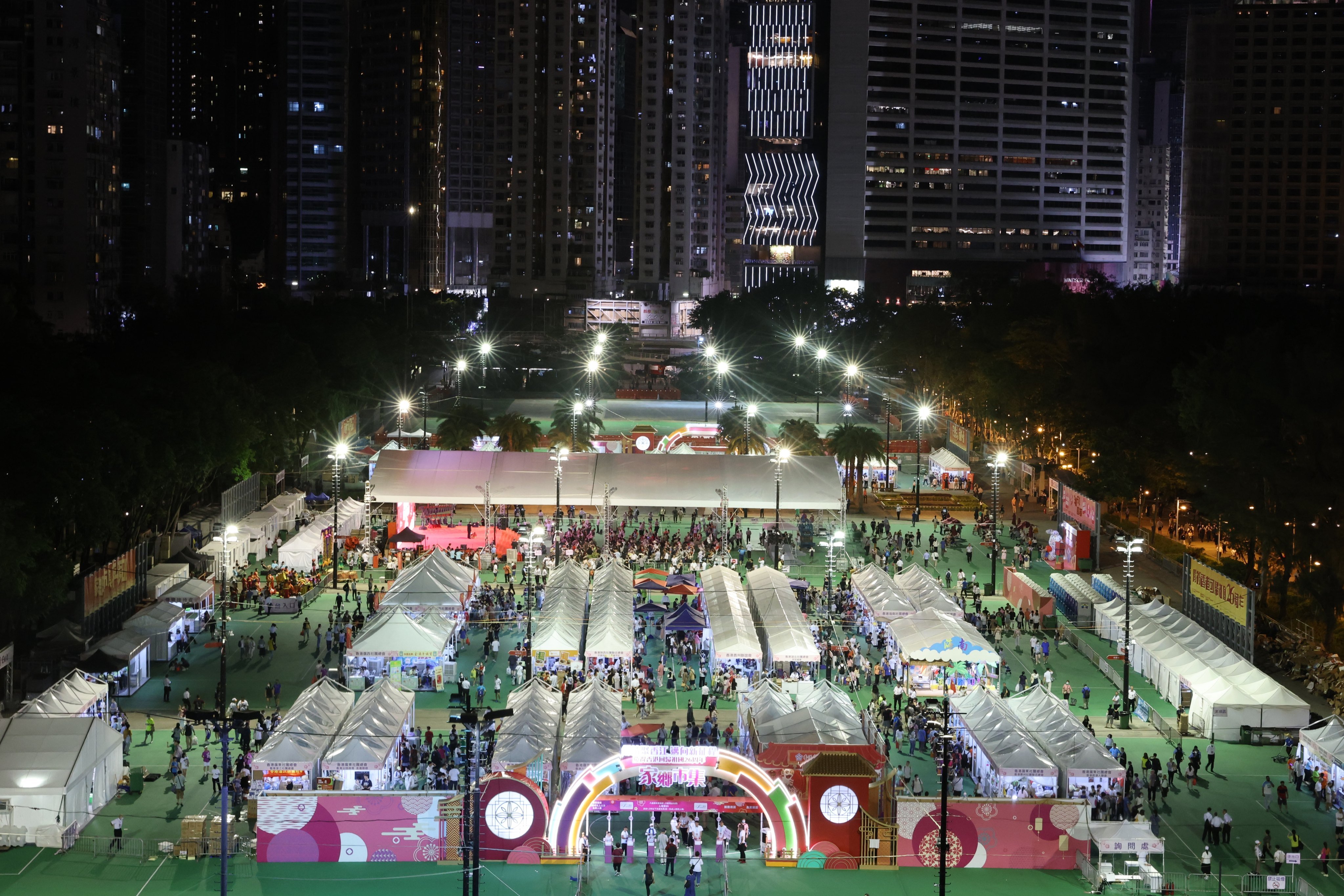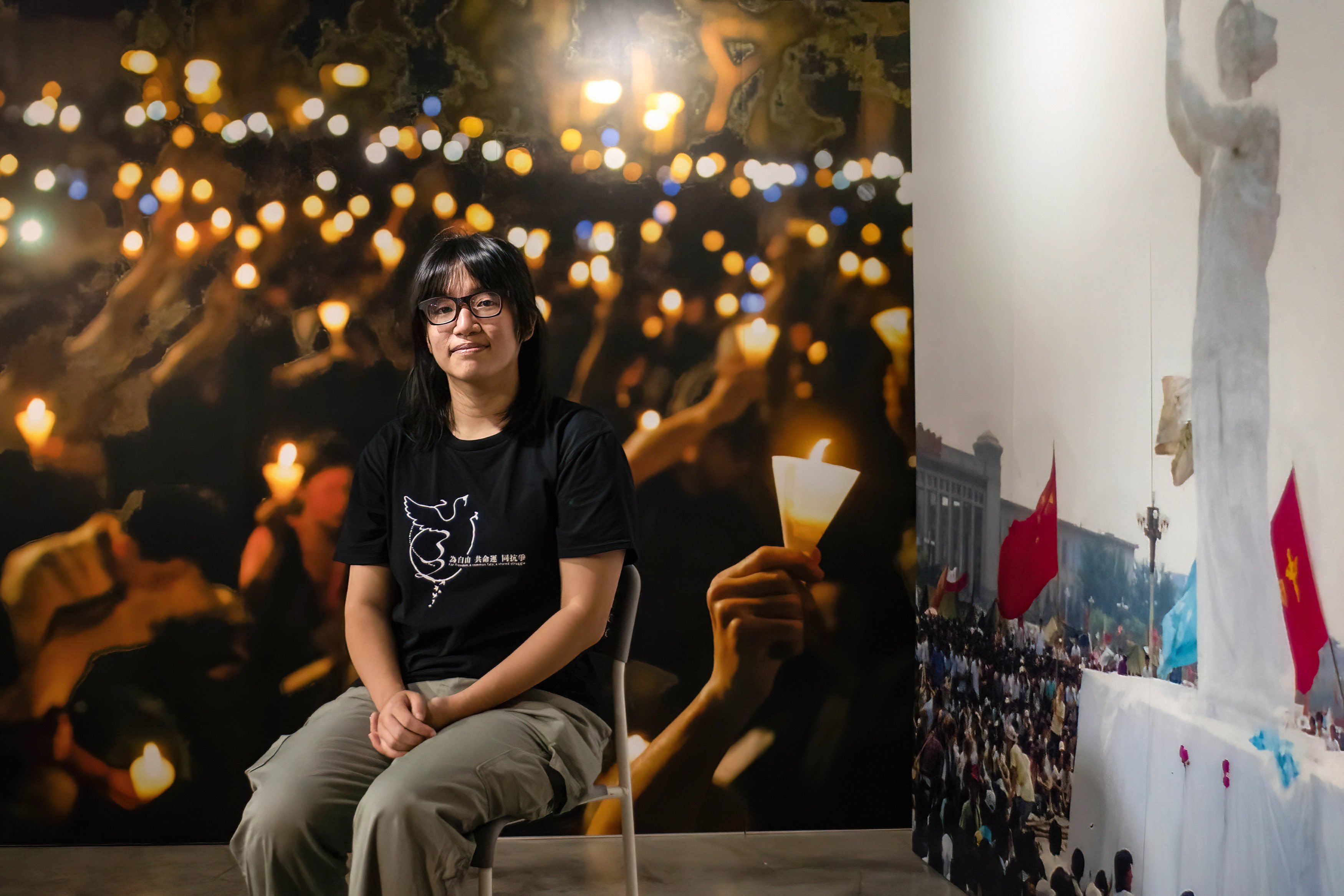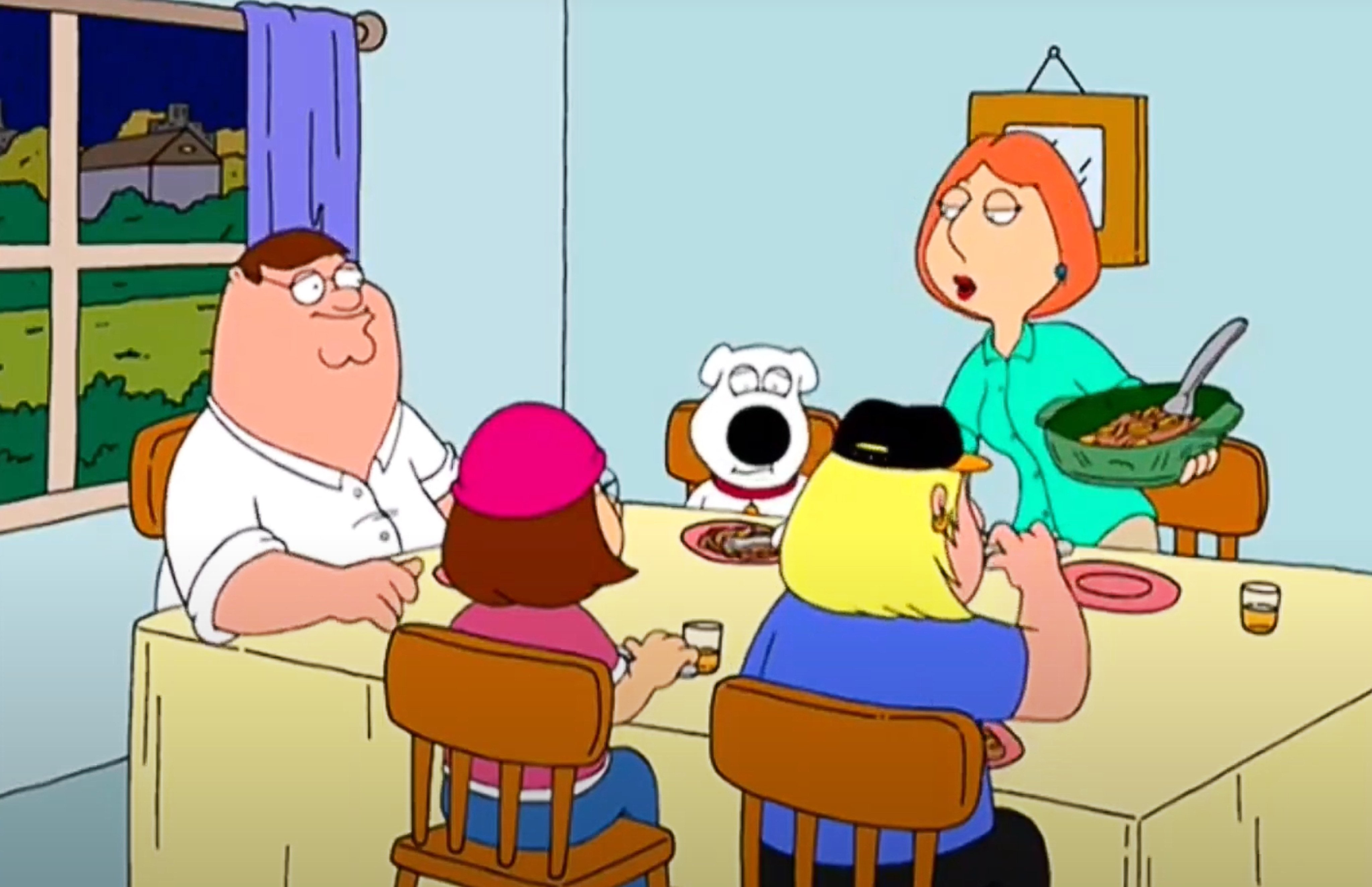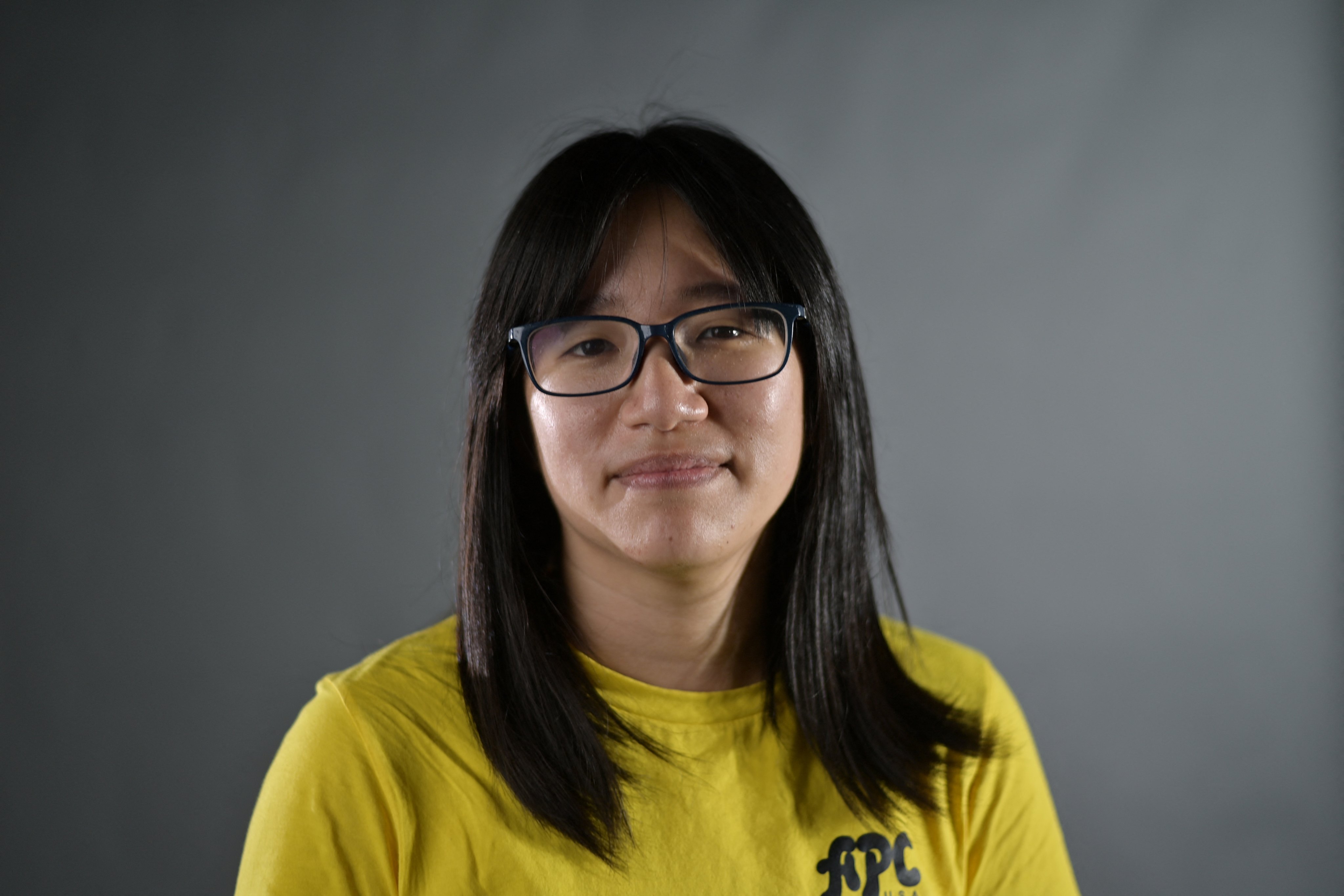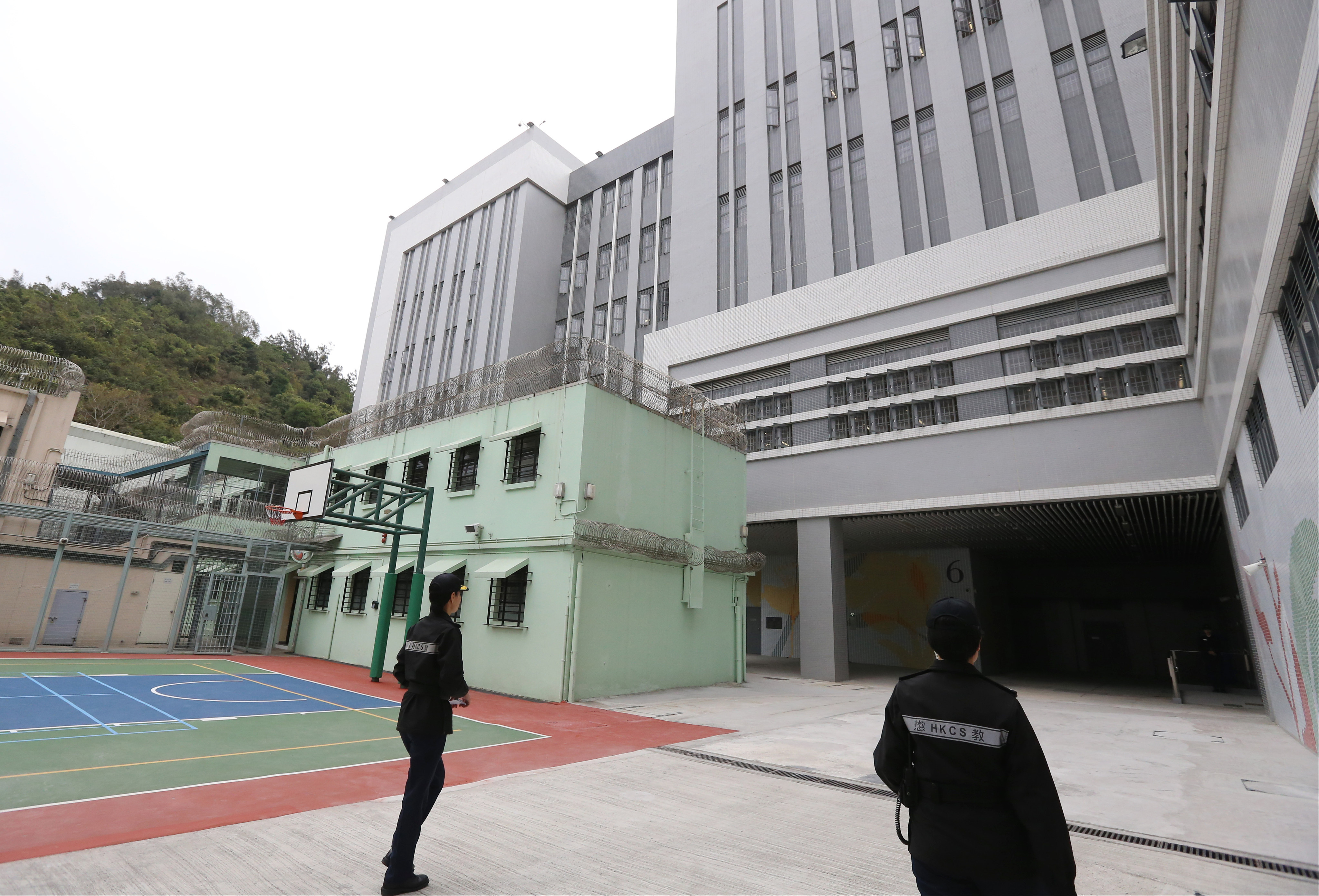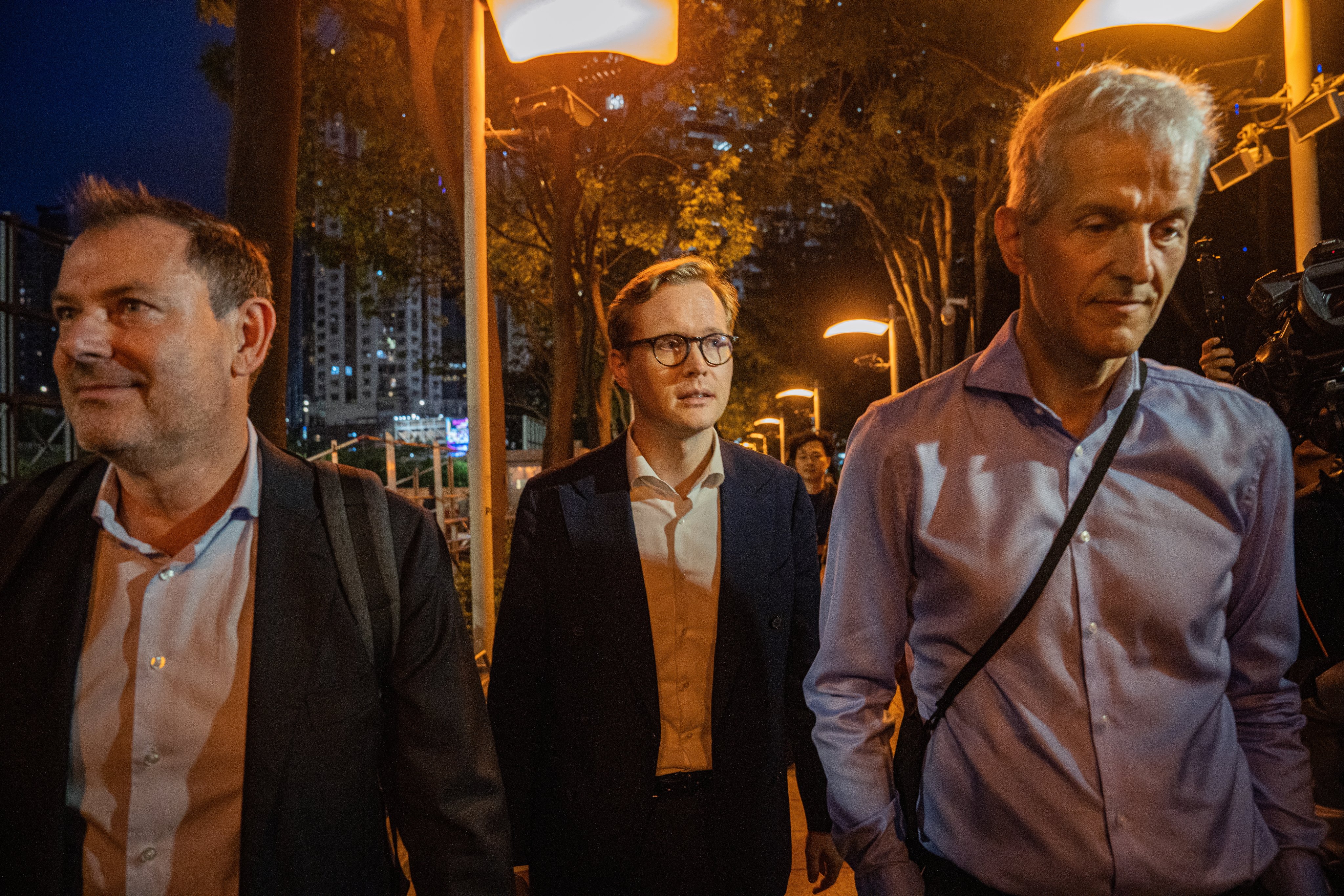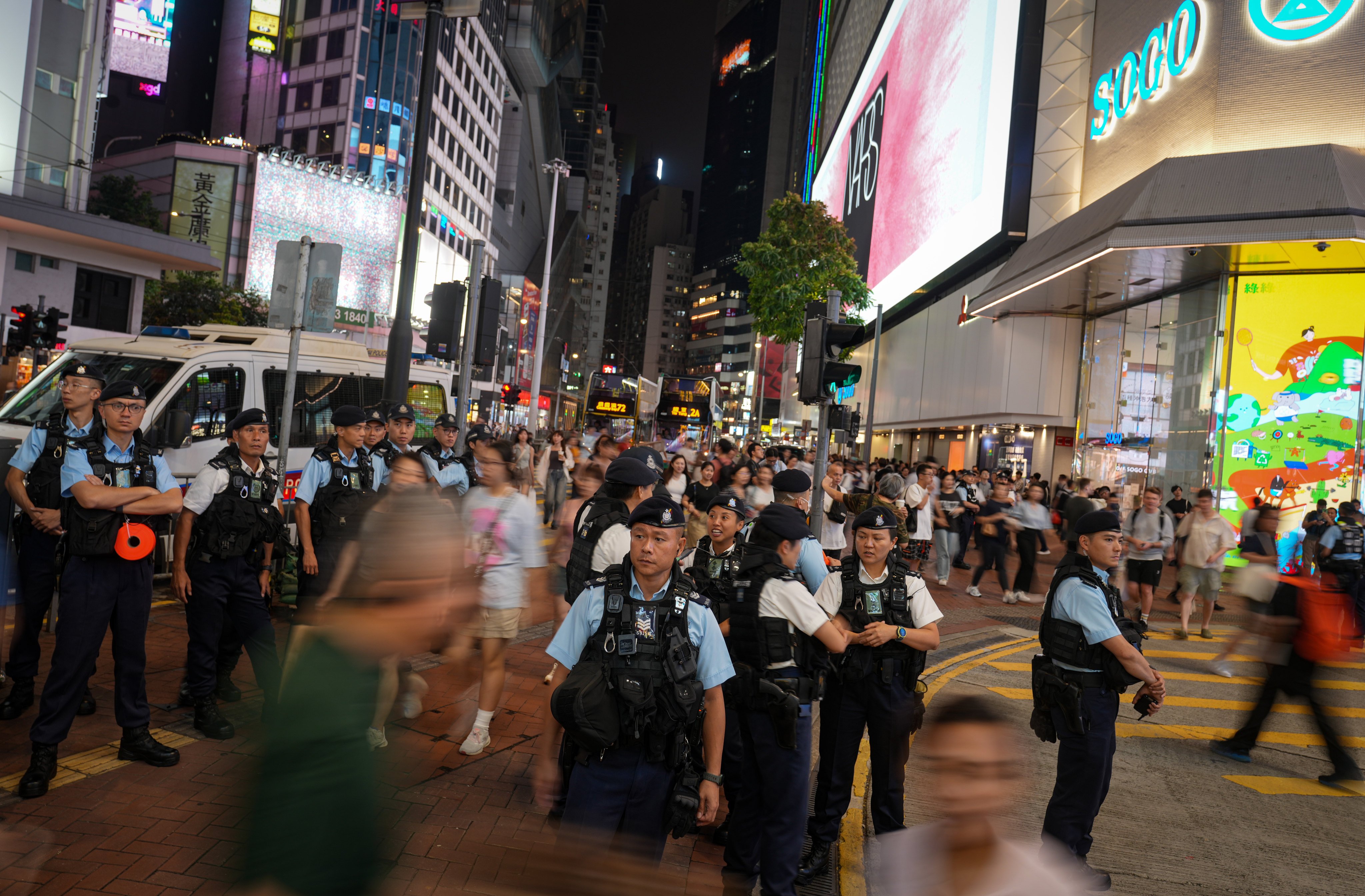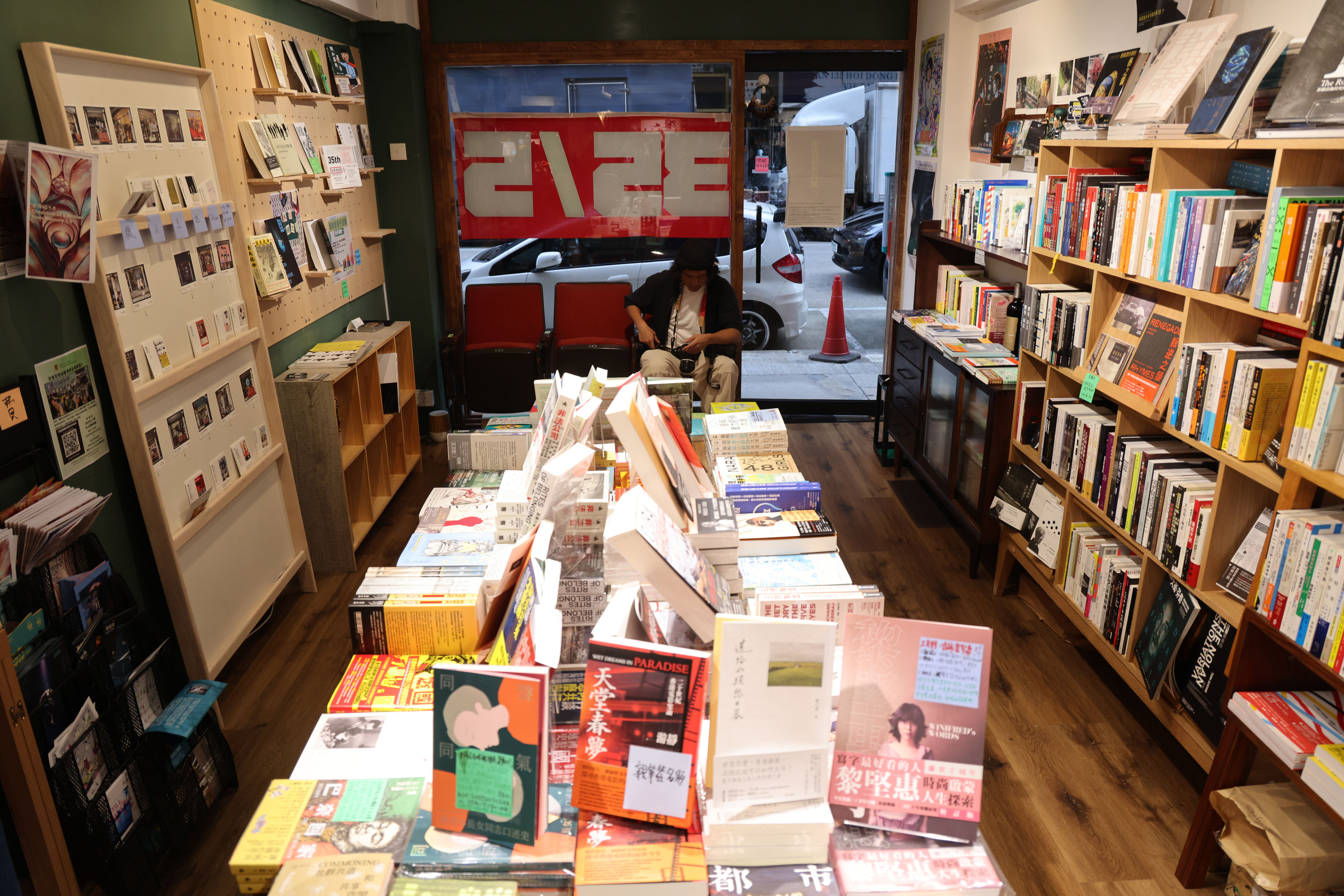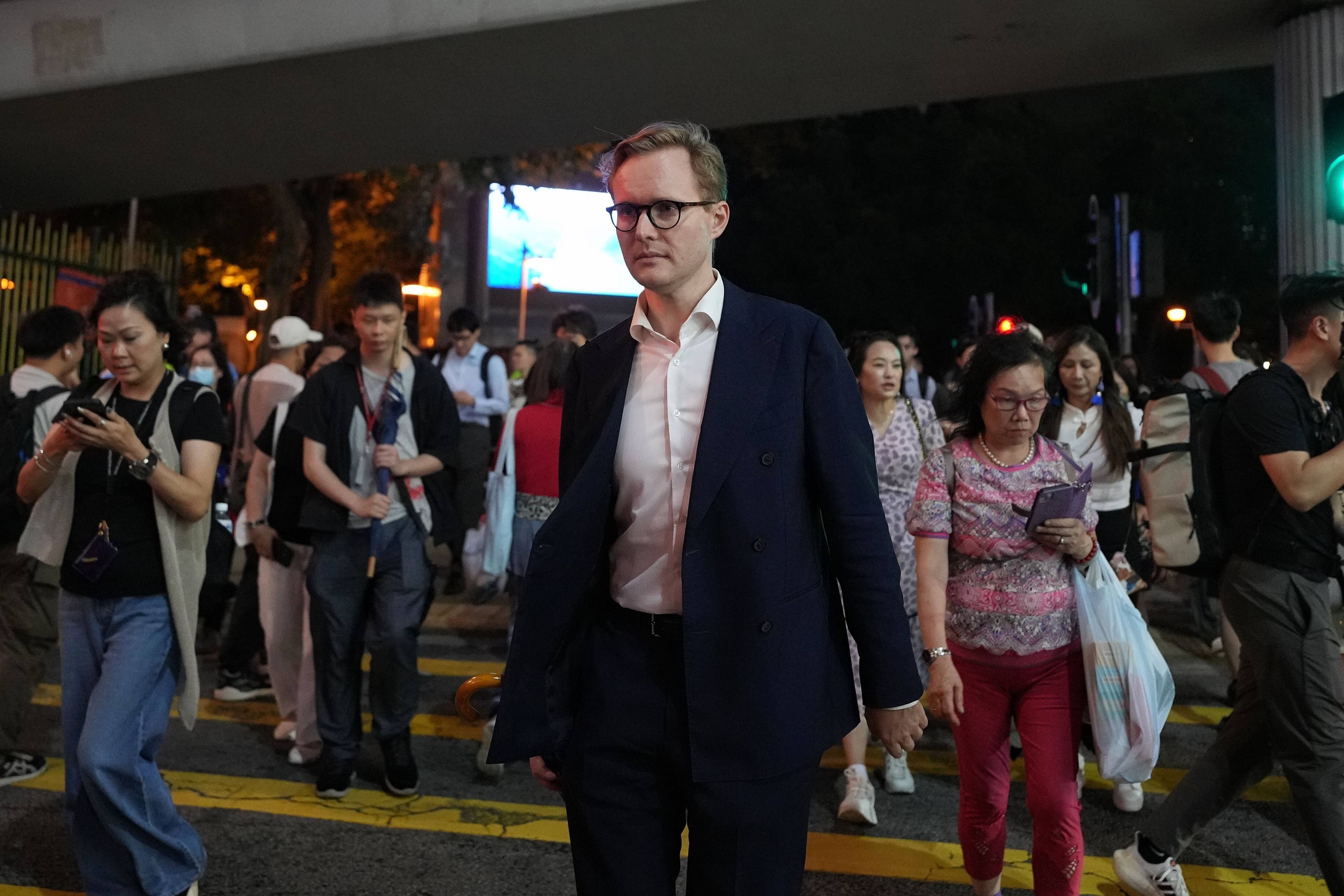Advertisement
Advertisement
TOPIC
Tiananmen Square crackdown
Tiananmen Square crackdown
China was gripped by a pro-democracy movement in 1989, triggered by the death of reformist ex-leader Hu Yaobang. Mass street protests, weeks-long sit-ins and hunger strikes at Tiananmen Square by students and residents became the order of the day as demonstrators complained about corruption and demanded greater democracy as well as government transparency. The social unrest culminated in a brutal military crackdown on June 4 ordered by Beijing that effectively ended the movement and continues to be the subject of great controversy to this day.
Advertisement
Advertisement
Advertisement
Advertisement
Advertisement
Advertisement
Help preserve 120 years of quality journalism.
SUPPORT NOWAdvertisement
Advertisement
Advertisement
Advertisement
Advertisement
Advertisement
Advertisement
Advertisement
Advertisement
Advertisement
Advertisement
Advertisement
